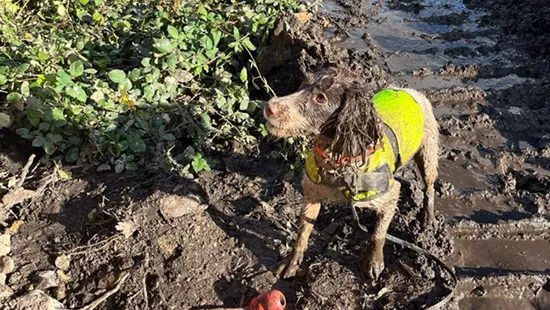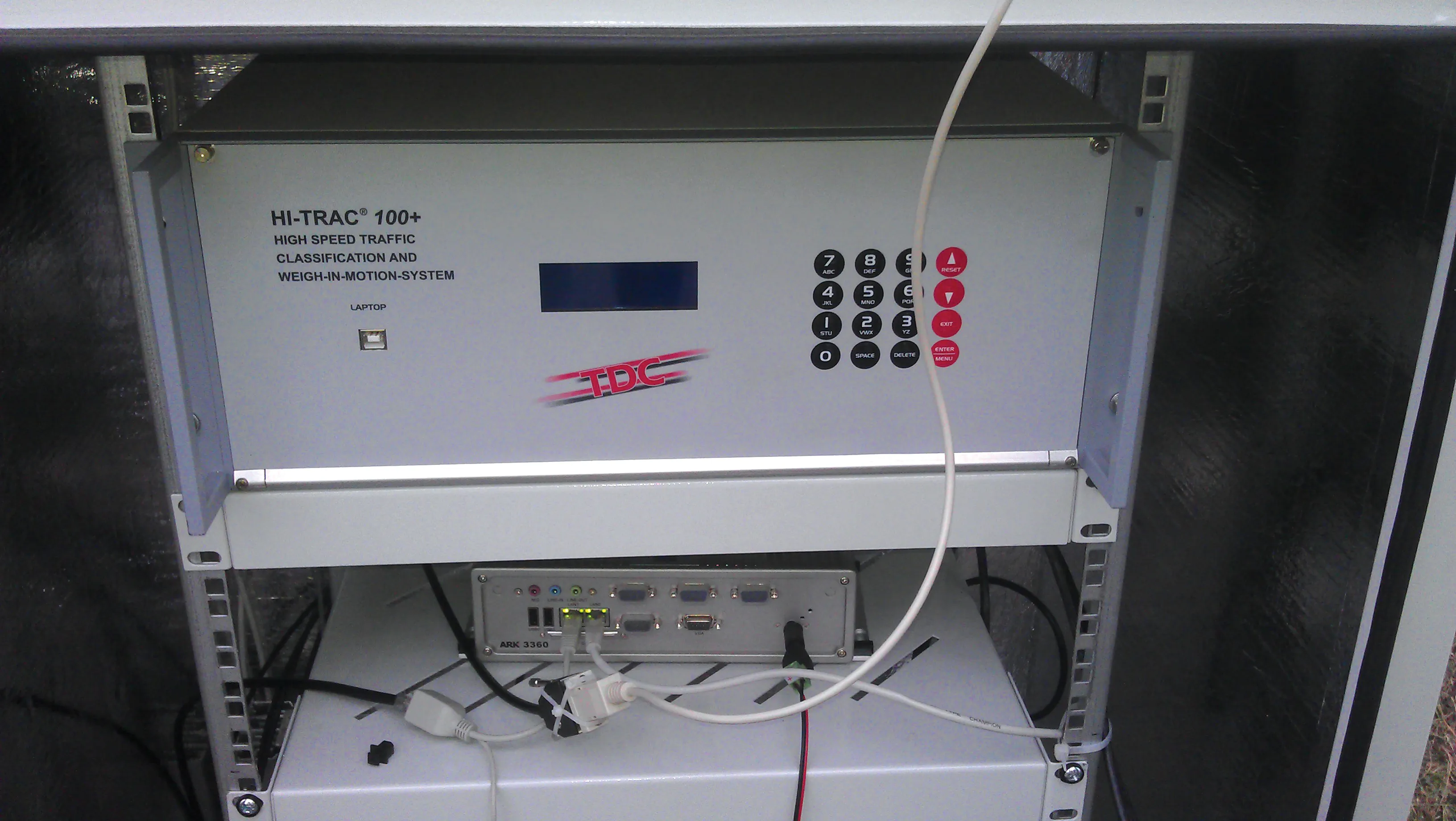
Japanese knotweed often develops into dense thickets and although it dies back over winter, it regrows in the spring, shooting up to more than 2m high and with its large leaves suppressing most other plant growth.
National Highways called on three highly trained sniffer dogs – Fenix the Dutch Shepherd and Spaniels Nica and Nettle – to root out the weed and prevent it spreading. The specially trained dogs can sniff out the plant’s rhizomes – roots and shoots that grow horizontally under the soil and from which the plant stems periodically shoot upwards. When the dogs detect Japanese knotweed, they freeze to alert their handler. This allows National Highways to take swift action to eradicate the plant and prevent further spread.
If not found and dealt with, the plant can cause serious problems to buildings and structures. It’s also an offence under a UK Wildlife and Countryside to allow the invasive plants to spread in the wild, which is why National Highways called in the canine specialists to help solve the issue.
Pippa Jordan, environment lead on National Highways M25 J10 improvement scheme, said conservation plays an important role in the agency’s construction projects. “Before we start, we create a map of the area which shows nearby plant species allowing us to tackle any invasive species growing on the construction site.
“In this case, we decided to put our paws on the pavement and take a unique approach to tackling the Japanese knotweed. These sniffer dogs are not only adorable, but also incredibly skilled at detecting the presence of unwanted plants, especially those not readily visible,” said Jordan.
Kat Janczur, owner and handler at Canine Detection Solutions which supplied the dogs, said the dogs can pick up the scent that Japanese knotweed rhizome gives off into the soil. Each dog, however, can be worked for only 30 minutes before requiring rest for at least the same time to keep efficiency levels up.
All dogs successfully found several areas where rhizomes were located underground. These areas would have been missed until the next season that the plant would have sprouted. Japanese knotweed can lay dormant for up to 20 years, so using detection dogs allowed for a full site clear, regardless of the state of the plant.
A study by Advanced Invasives in 2021 found that the same dogs which were used by National Highways found knotweed in under 60 seconds from being released to do their work. This was after the weed and several variants had not sprouted in three years, which can lead to people believing that the plant had been eradicated. The dogs knew better.
Advanced Invasives is an invasive plant species consultancy based in Cardiff, Wales.









